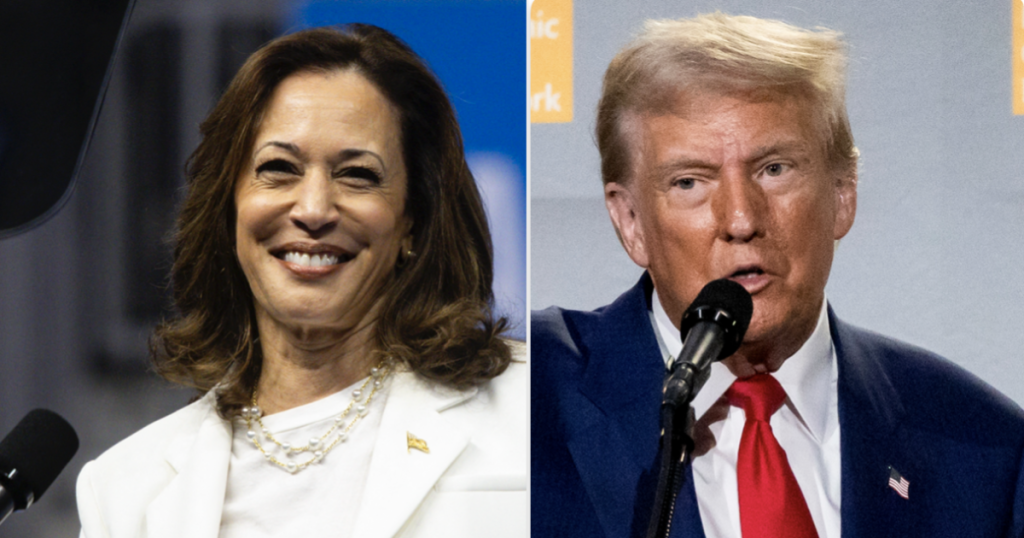In the key battleground states of Pennsylvania, Michigan, and Wisconsin, the upcoming election between Harris and Trump is tightly contested. Trump holds a lead among voters who feel they are not better off financially since the pandemic, particularly among non-college-educated and White voters. A significant portion of White non-college voters believe that Trump would provide better opportunities for working-class individuals. However, Harris fares well in looking out for the interests of the middle class and is perceived as more likely to support policies to make housing more affordable in states where it is seen as unaffordable. Despite this, many non-college White voters think Harris would prioritize the interests of Black and Hispanic individuals over White people.
Leading up to the first debate between Harris and Trump, there is a notable shift in perceptions of cognitive and mental health. Harris is now seen by more individuals as having the capacity to serve compared to Trump, a departure from polls during Mr. Biden’s campaign. The impact of campaign rhetoric and social media varies among voters, with a majority finding Trump’s comments and social media posts insulting towards Harris. However, a quarter of them still intend to vote for Trump despite the negative perception. In contrast, MAGA Republican voters are more divided on whether they view Trump’s comments and posts as respectful, and many support them. Conversely, most Trump voters consider Harris’ comments about him as insulting.
The excitement factor plays a significant role in voter perceptions, with Harris generating more excitement among partisans compared to Trump. Democrats express more enthusiasm for Harris’ campaign than Republicans for Trump’s. Harris has managed to consolidate support within the Democratic base, with Democrats being just as likely as Republicans to say they will definitely vote in the upcoming election. Perceptions of mainstream versus extreme positions also impact voter decisions, with most individuals believing that the US needs a president who is mainstream rather than extreme. Recent history in these states has shown that candidates with more mainstream positions have performed better.
The CBS News/YouGov surveys conducted in September 2024 provide insights into voter sentiment in Michigan, Pennsylvania, and Wisconsin. The surveys, based on representative samples of registered voters in each state, reveal the close nature of the race between Harris and Trump. Key factors influencing voter decisions include economic concerns, perceptions of candidate policies on issues like housing affordability, and views on cognitive health and mental capacity. The ongoing campaign rhetoric and social media engagement also contribute to voter perceptions, with differing opinions on whether certain comments are insulting or respectful. As the election approaches, the excitement factor and the perceived mainstream versus extreme positions of the candidates will continue to shape voter attitudes in these crucial battleground states.


